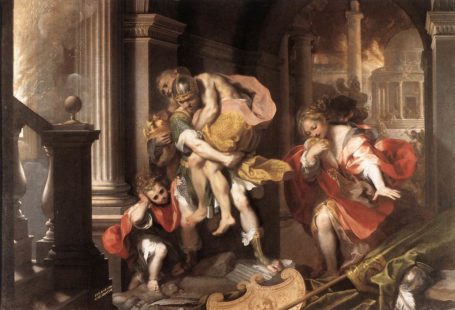The educational aims of a good teacher are less about training than they are about transforming. The former is aimed at doing while the latter is aimed at being.
This is why Classical Christian teachers are less interested in teaching students what to do and more interested in teaching students how to be.
For the teacher with the proper educational aims, things like grades, scores, and other modern measures of achievement can often be a hinderance to real education.
The tools of real education are wonder, desire, memory, and “why” questions that get to the meaning of things rather than the more utilitarian “how” questions that only get to the use of things.
Said another way, a good teacher not only raises the question of how to do something but, more importantly, he or she raises the question of why we should or should not do something.
For example, it’s not only a matter of how can we put a colony on mars but should we put a colony on mars?




